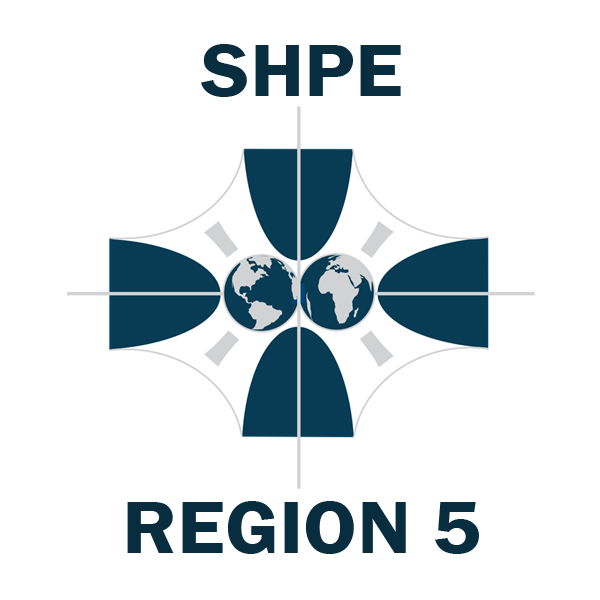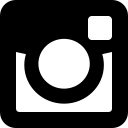How well do you know yourself?
By Luisa Florez
Describe yourself in three words. Whether you’re applying for a scholarship, a development program or a job, coming across this sentence may seem impossible to answer. How are you supposed to condense all of your experiences and skills, personality and goals into just three words? This is where having a solid understanding of yourself can come in handy.
Learning more about yourself can help you develop your ideas and articulate them in an easier manner.
 Having a sense of what your strengths and weakness are, what you like or what you don’t like can really enhance your decision making skills in developing your career. It can help when deciding what major you’d like to pursue or where you’d like to go as a professional. It can help you customize your resume to reflect what position you’d like to have. It can provide a boost of confidence in networking, interview, or day-to-day settings as you will be able to articulate your ideas and your contributions effortlessly.
Having a sense of what your strengths and weakness are, what you like or what you don’t like can really enhance your decision making skills in developing your career. It can help when deciding what major you’d like to pursue or where you’d like to go as a professional. It can help you customize your resume to reflect what position you’d like to have. It can provide a boost of confidence in networking, interview, or day-to-day settings as you will be able to articulate your ideas and your contributions effortlessly.
A good place to start is with some honest, self-reflection. Topics like understanding what values are important to you, what experiences have impacted you or how you see yourself, can give you insight into what you would like to do in life and what steps you may need to follow in order to achieve your goals in a way that is customized and effective for you. The more you understand yourself, the easier it will be for you to take someone’s advice and personalize the key points that can work for you.
 Having a mentor is also an excellent way to actively learn more about yourself. A mentor can provide insight into strengths or areas of improvement that you may have been blind to. They also provide an opportunity for brain-storming ways to effectively and strategically communicate your ideas so that when you’re in a networking setting, for example, you can feel confident that you are delivering the message you intended to.
Having a mentor is also an excellent way to actively learn more about yourself. A mentor can provide insight into strengths or areas of improvement that you may have been blind to. They also provide an opportunity for brain-storming ways to effectively and strategically communicate your ideas so that when you’re in a networking setting, for example, you can feel confident that you are delivering the message you intended to.
There are additional exercises you can do to help you understand your goals and preferences. Visualization exercises, like creating a timeline of your goals on paper, are neat ways to organize what you like and what you want to achieve. It can also serve as a source of motivation, since you can now hang that timeline on your wall and be reminded. Other tools such as personality tests, like the Myer Briggs Personality test, or self-assessment activity sheets, like those found in U of C Berkeley’s Career Webpage (https://career.berkeley.edu/Plan/KnowYourself), can also aide you in exploring what you like and what’s important to you. One of the exercises I found useful, especially in preparing for an interview, was one where I identified and listed on paper strengths and weaknesses (i.e. for strength: adaptability and empathy). After visually seeing these traits, I could now classify them in a broader category (i.e. teamwork) and more easily connect my experiences to them. This way, if I had a particular behavioral question, I could shape my answer so that the experience included the relatable strengths and communicated them precisely (i.e. “Experience X showed strong team working skills because of the ability to adapt and be empathetic”).
Another way to gain a more in the depth holistic image of yourself is by pushing yourself to pursue opportunities outside your comfort zone. University of Texas at Austin Civil Engineering student Jonathan Barrera likes this approach because when you find yourself in unfamiliar situations, you can really see how you react and think. Whether going outside your comfort zone means having a leadership role in an organization, or in Jonathan’s case, studying abroad, these new experiences will help you grow and become more aware about yourself. Jonathan has been able to apply much of what he learned abroad directly to internships. “While abroad I had to take the initiative to ask my instructors for clarification since the teaching method was different. This allowed me to ask my supervisor in my internship back home for help with confidence.”
Even after doing these exercises, as a recent graduate, I’m not 100% sure what I would like to do with my career. However, I’ve learned what I don’t want in my career and that is just as valuable. I’ve learned the importance of being proactive with wanting to learn more about my personal traits; with every new experience we have, we encounter the opportunity to learn a little more about who we are. This may change our likes and preferences, but if we’ve never take the time to see how we’ve evolved, we’ll be missing out on valuable lessons which can help us take decisions we are comfortable with. These decisions can not only lead you to landing a job or a spot in graduate school, but could also help someone else find their way to their goals.




